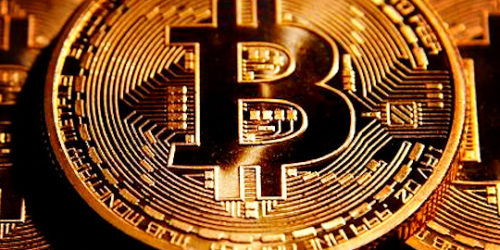28 November 2013
Bitcoin…. it’s not magic
Bitcoin has been mentioned in the mainstream media recently as a ‘new form of electronic money’. It sounds impressive, but the way it works as a system of ‘money’ is actually not that impressive and easy to explain if you take the ‘tech’ side away.

